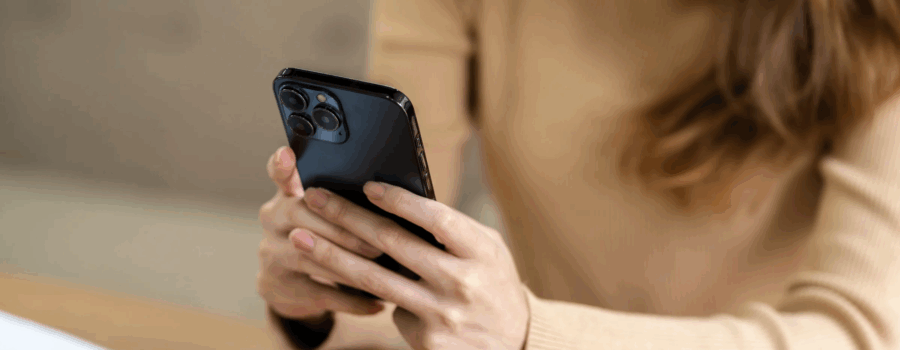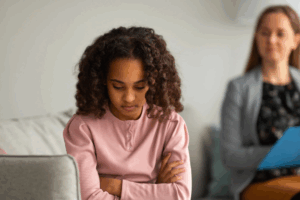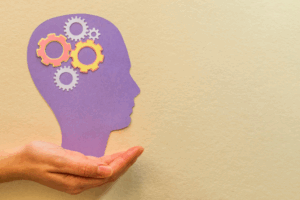The impact of social media on mental health is a growing concern in today’s digital age. While platforms offer connection and self-expression, they can also contribute to anxiety, depression, and low self-esteem. Many studies highlight the impact of social media on mental health in adolescents and young adults. According to Psychology Today, social media overuse can contribute to mental fatigue
The Good Side: Connection and Support
Social media helps people stay in touch with loved ones and feel less alone. It offers platforms for self-expression, creativity, and even mental health awareness. Many find comfort in online support groups and educational content shared by therapists and advocates. For some, it’s a lifeline during hard times.
The Bad Side: Comparison and Anxiety
Endless scrolling often leads to comparing our lives to filtered snapshots of others. This can trigger low self-esteem, anxiety, and feelings of not being good enough. Negative news, online drama, and pressure to perform online add to emotional burnout. It’s easy to feel overwhelmed, even if you’re just “checking in.” To minimize the negative impact of social media on mental health, users are encouraged to limit screen time.
Most Affected: Teens and Young Adults
Young people are especially vulnerable as their identities are still forming. Constant exposure to likes, trends, and opinions can shape their self-worth. But adults, too, experience stress, guilt, or even shame linked to online interactions. No age group is completely unaffected.
Protecting Your Mental Space
Limit your screen time and unfollow accounts that drain your energy. Prioritize pages that uplift and educate you. Taking short breaks, turning off notifications, or having phone-free hours can make a big difference. Social media should support your life not control it.
Final Thoughts
Social media can be a helpful tool or a harmful one it depends on how you use it. Start noticing what lifts you up or brings you down. Setting digital boundaries isn’t a luxury it’s a form of self-care. Your mental health deserves that protection.




